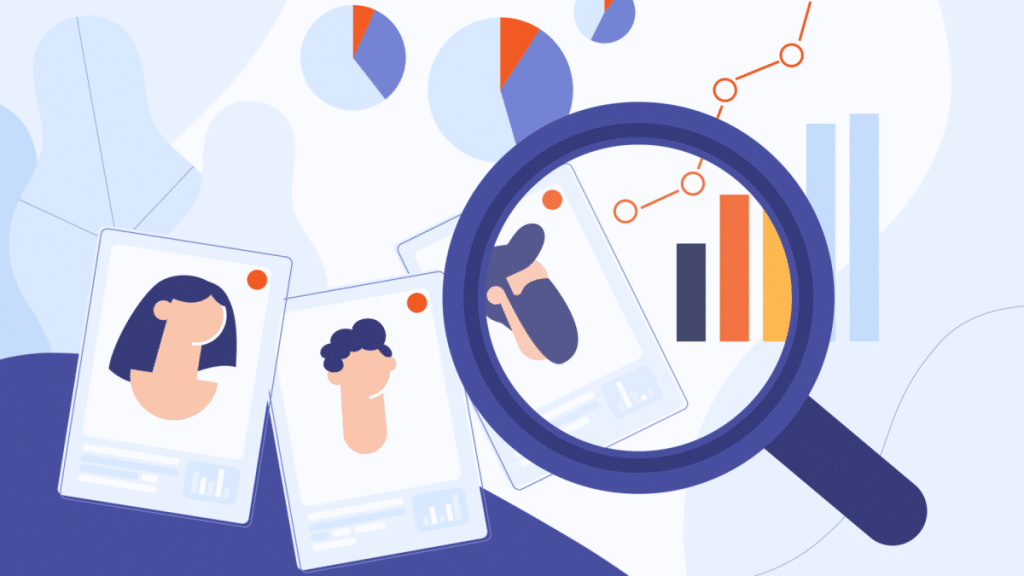In the fast-paced and ever-evolving landscape of healthcare, staying ahead of the curve is essential for companies to make informed decisions, develop innovative solutions, and deliver superior healthcare services. Market research plays a pivotal role in achieving these objectives, helping healthcare research companies understand patient needs, assess market trends, and identify opportunities and challenges. In this comprehensive blog post, we will dive deep into the world of market research techniques tailored specifically for healthcare research companies.
The Importance of Market Research in Healthcare
Market research in healthcare is not just a buzzword; it’s a strategic imperative. Here’s why it matters:
Understanding Patient Needs: Market research solution helps companies gain insights into patient demographics, preferences, and unmet needs, allowing them to tailor their products and services accordingly.
Competitive Advantage: By staying abreast of market trends and competitors’ activities, healthcare research companies can position themselves advantageously in the industry.
Product Development: Research aids in the development of innovative healthcare solutions, ensuring they meet the highest standards of efficacy, safety, and patient satisfaction.
Regulatory Compliance: Understanding the regulatory landscape is crucial for healthcare companies to navigate complex compliance requirements effectively.
Market Research Techniques Tailored for Healthcare Research Companies:
1. Patient Surveys and Interviews
Engaging directly with patients through surveys and interviews is a fundamental technique. These methods provide qualitative and quantitative data on patient experiences, satisfaction levels, and healthcare preferences. By asking the right questions, healthcare research companies can uncover valuable insights to guide decision-making and product development.
2. Data Analytics and Big Data
In today’s digital age, healthcare generates vast amounts of data. Leveraging data analytics and big data techniques allows companies to extract meaningful insights from electronic health records, patient data, and clinical trials. Advanced analytics can identify patterns, trends, and predictive factors that inform healthcare decisions.
3. Competitive Analysis
Understanding the competitive landscape is crucial. Healthcare research companies should analyze competitors’ products, pricing strategies, market positioning, and customer feedback. This information helps identify gaps and opportunities for differentiation.
4. Focus Groups
Focus groups involve gathering a small group of patients or healthcare professionals to discuss specific topics or products. These sessions provide qualitative feedback, uncover pain points, and explore the emotional aspects of healthcare decision-making.
5. Social Media Monitoring
Social media platforms are treasure troves of patient insights and sentiments. Healthcare research companies can employ social listening tools to track discussions, gather feedback, and monitor public sentiment about healthcare products and services.
6. Observational Research
Directly observing patient interactions, behaviors, and preferences in healthcare settings can provide valuable insights. This technique is particularly useful for understanding patient journeys and optimizing healthcare services.
7. Market Segmentation
Segmenting the healthcare market helps companies tailor their strategies to specific patient groups. Segmentation criteria may include demographics, medical conditions, treatment preferences, or geographic locations. Targeted marketing and product development can then be designed for each segment.
8. Regulatory and Policy Analysis
In the highly regulated healthcare industry, understanding current and potential regulatory changes is vital. Companies should stay informed about evolving policies, compliance requirements, and industry standards that may impact their operations.
9. Digital Health and Telemedicine Research
The rise of digital health technologies and telemedicine has transformed healthcare delivery. Research in this domain involves assessing the effectiveness, accessibility, and acceptance of digital health solutions among patients and healthcare professionals.
10. Ethnographic Research
Ethnographic research involves immersing researchers in the daily lives and experiences of patients and healthcare providers. This deep dive into their world can uncover unmet needs, preferences, and cultural factors that influence healthcare decisions.
Challenges and Considerations
Market research in healthcare comes with its own set of challenges:
Data Privacy and Security: Handling patient data must comply with strict privacy regulations like HIPAA in the United States. Companies must ensure data security and ethical handling.
Sample Size and Representativeness: Ensuring that the research sample is representative of the target population is crucial for drawing accurate conclusions.
Bias and Cultural Sensitivity: Researchers must be aware of biases that may influence data collection and analysis, and they should approach cultural differences with sensitivity.
Conclusion
Market research is the compass that guides healthcare research companies through the complex healthcare landscape. By employing these tailored techniques, companies can gain a deeper understanding of patient needs, navigate regulatory challenges, and innovate in a rapidly changing industry.
In a world where healthcare is more vital than ever, effective market research is not just a strategic advantage—it’s a critical component of delivering better healthcare solutions, improving patient outcomes, and driving success in the healthcare industry.
